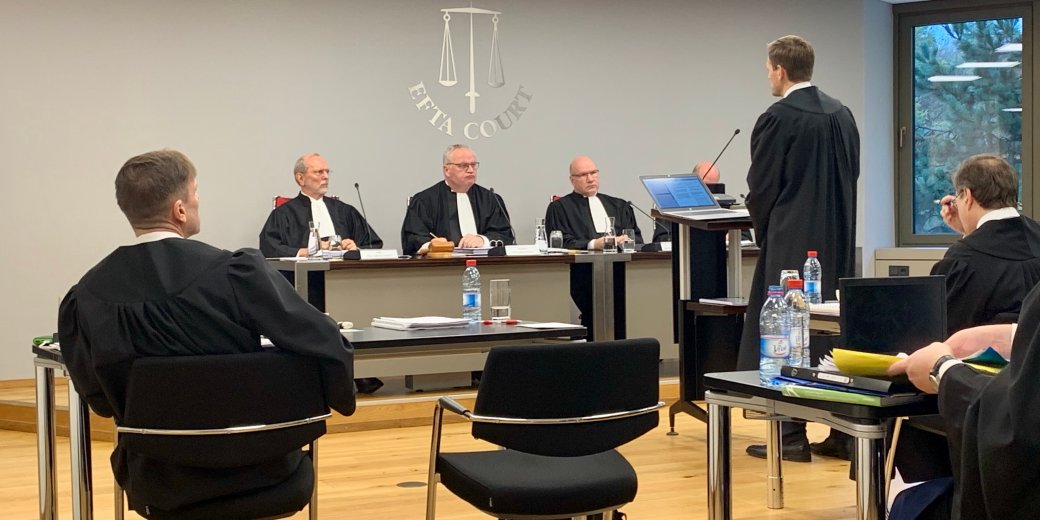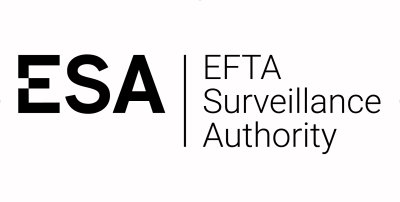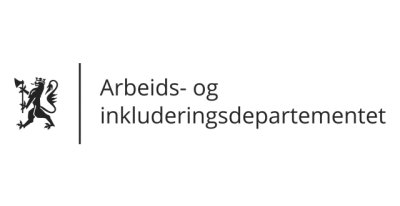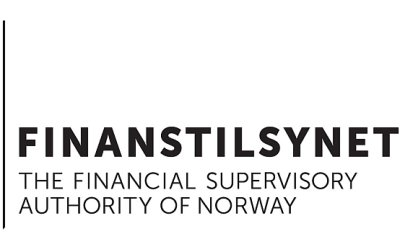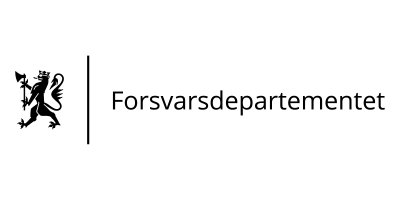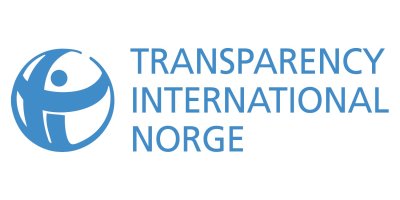The EFTA Court has responded to the letter of 15 May 2024 from the Norwegian Ministry of Foreign Affairs. The Ministry has invited it, together with other stakeholders, to respond to a public hearing to the Report in NOU 2024: 7 Norge og EOS: Utvikling og erfaringer.
The EFTA Court makes the surprising proposal to increase the number of judges from 3 to 6, i.e. to appoint 2 judges per EEA/EFTA state. The Court's reasoning includes the following:
I.
«Strengthening the EFTA Court would make it prepared to manage the steady increase of complex cases whilst maintaining the quality of its output within a reasonable time». However, the argument of an increasing amount of work is hardly convincing. Ten or twelve years ago, the Court had a higher caseload. It reacted to this by providing each cabinet with two legal secretaries instead of one. There have been no complaints about excessively long proceedings at that time.
The additional legal secretaries were to be recruited from EU countries. This should also contribute to the homogeneous development of the law in the EEA. However, the latter objective is now only being realised in the Liechtenstein cabinet. In the two Nordic cabinets, there is a provincial approach and only compatriots are recruited.
II.
In addition, the EFTA Court claims that the desired strengthening of the EFTA Court will enhance its legitimacy in the judicial dialogue with national courts and the CJEU. This sentence is a bit perplexing. The EFTA Court’s dialogue with the CJEU, its Advocates General and the General Court of the EU was very intensive until a few years ago. It started at the time when the EFTA Court consisted of five judges nominated by Austria, Finland, Iceland, Norway and Sweden.
The fact that the representatives of the EU judiciary accepted the EFTA Court as a dialogue partner was not least due to the reputation of the judges from Sweden, Sven Norberg, and Finland, Leif Sevón. As a negotiator, Norberg had a decisive influence on the structure of the EEA Agreement, and Sevón, the first President of the EFTA Court, became a judge of the CJEU after his country’s EU accession and later Chief Justice of Finland. The dialogue continued and even intensified when the EFTA Court was downsized to three judges nominated by Iceland, Liechtenstein and Norway.
By 2017, the EFTA Court had rendered some 200 judgments in contested cases which led to 238 references by the CJEU, its Advocats General and the EU General Court in 151 cases. All things considered, the EFTA Court was the only court of general jurisdiction whose case law was taken into account on a regular basis by the EU judiciary when the latter interpreted EU law. However, the EU courts have never referred to EFTA Court case law rendered since 2018, while Advocates General have referred to it five (!) times.
III.
The willingness of the EU judiciary to engage in dialogue is firstly linked to the quality of the EFTA Court’s case law. Secondly, the actors in the EU pillar will pay scrupulous attention that the judges of the EFTA Court are completely independent. A president who writes paid opinions for the government that nominated him and must therefore recuse himself in a landmark case damages the reputation of his court. Thirdly, as a much smaller player, the EFTA Court must be proactive. It must not forget that it is on foreign soil in Luxembourg. It is not enough for the judges of the EFTA Court to see themselves as emissaries of their states and, in case of doubt, to look to their capital city. They must have the will and the ambition to help shape the development of EU law and bring specific EFTA values to bear. This also requires regular scholarly publications and speaking engagements at major events in the EU.
I have always said that the judges of the smallest court in the world must have four P’s: they must have prestige and power, show presence and master the protocol. According to the protocol, they are on an equal footing with their colleagues at the large ECJ. But the protocol must be filled with life.
IV.
The EFTA Court called for the establishment of a panel modelled on the Article 255 TFEU body thirteen years ago. The fact that there is no independent review of the candidates proposed by the governments in the EFTA pillar with regard to qualification and independence is incompatible with the principle of homogeneity.
Nevertheless, a few years ago the EFTA Surveillance Authority rejected a complaint concerning the absence of an independent assessment panel in the EFTA pillar of the European Economic Area similar to the panel established under Article 255 TFEU on flimsy grounds. The suggestion by the Court is to be welcomed unreservedly.






.png)





